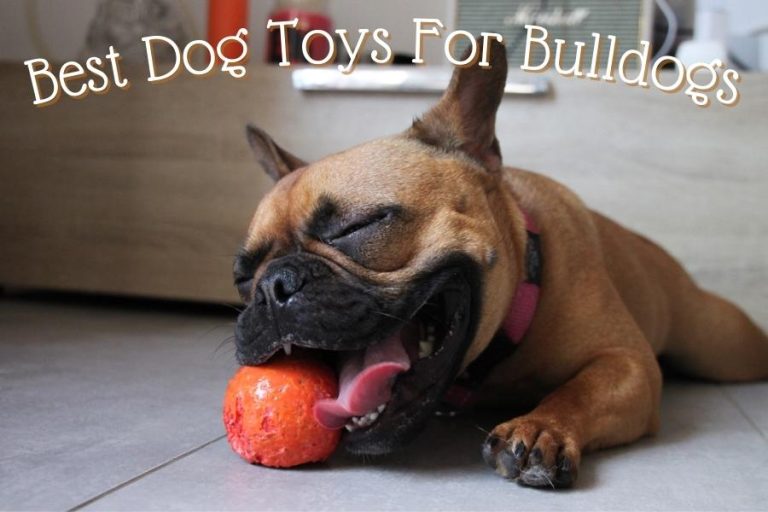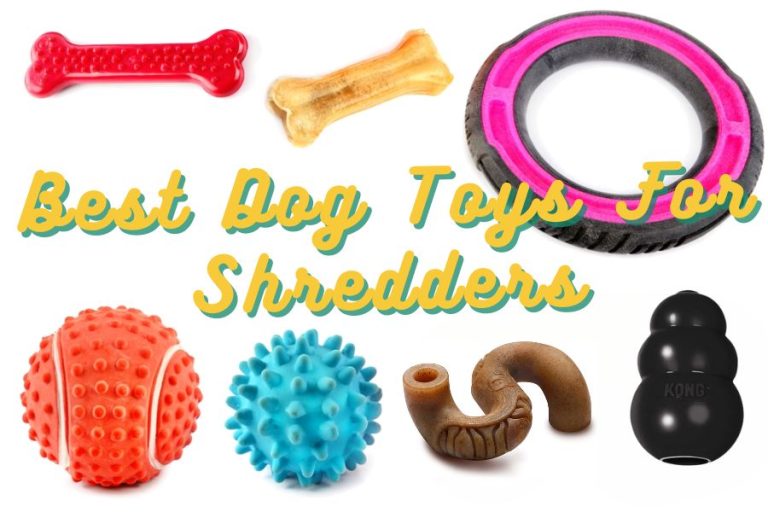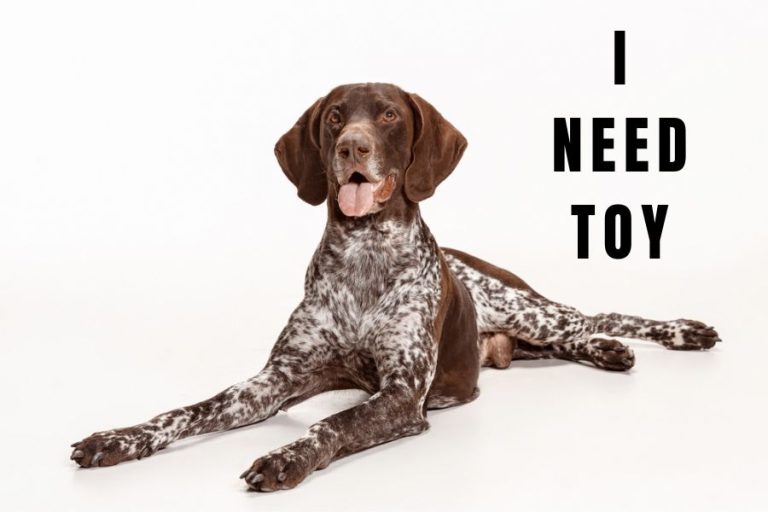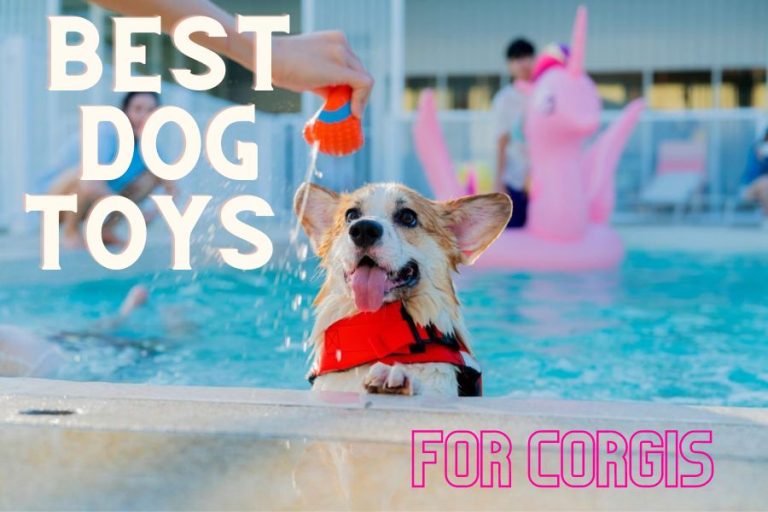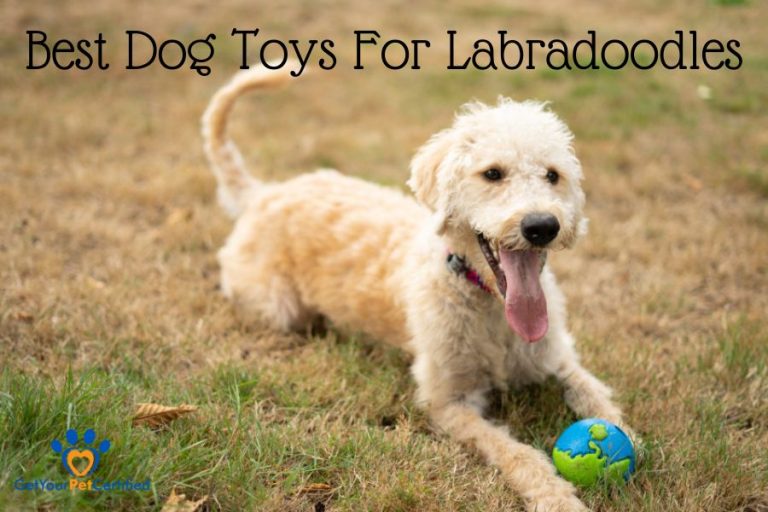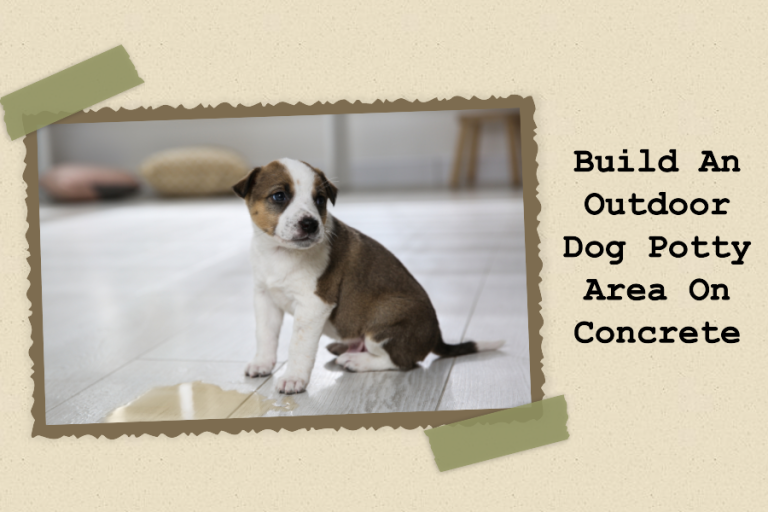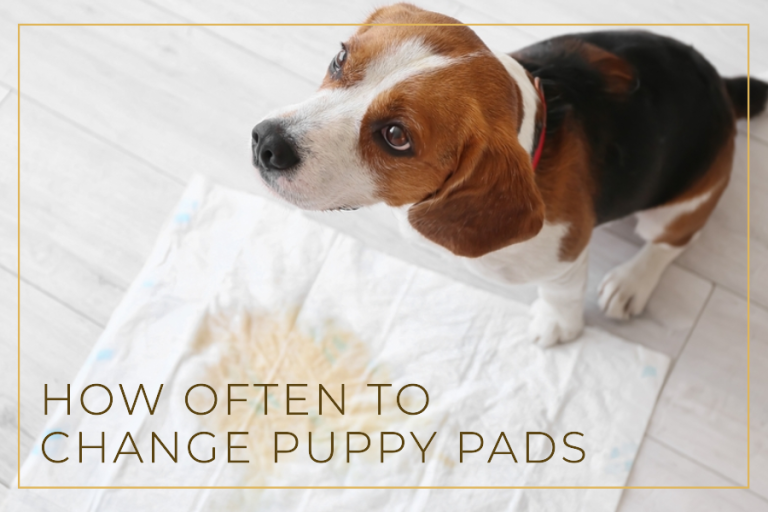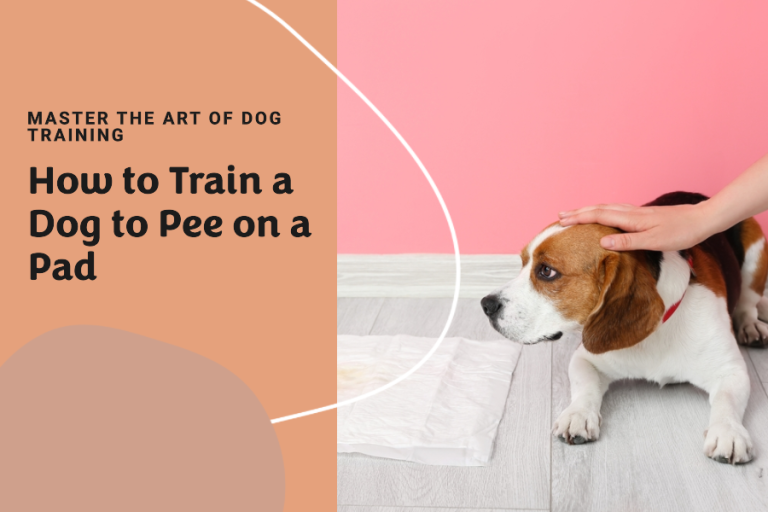Are English Bulldogs Chewers? – Understanding the Chewing Habits
One popular question that arises among pet owners is what are facts about the English bulldog’s chewing instincts and tendencies. Are English Bulldogs Chewers? English Bulldogs are lovable and iconic dogs, however, this breed seems to have a stronger urge to chew than others.
In this article, we will explain their chewing habit, what can trigger chewing, and how to manage this behavior in a way that’s safe and healthy. Discover tips to manage their chewing needs in our comprehensive guide.
The reasons behind their chewing tendencies
Here are several reasons behind their chewing behaviors:
- Genetic Makeup:
The genetic predisposition of bulldogs plays a significant role in their chewing behaviors. Bulldogs were bred to protect and taunt bulls, so they usually have strong jaws and a determined personality. Also, bulldogs have a unique head structure. Their muzzles are short, and they have an underbite. This unique anatomy can influence their chewing behaviors.
- Natural Instinct:
Chewing is a natural behavior for dogs, including bulldogs, and serves several important purposes. One of the most common reasons for chewing is teeth cleaning. Other reasons are jaw exercise, mental stimulation, and stress relief.
- Teething Stage:
Like all puppies, bulldogs go through a teething phase where their baby teeth are replaced by adult teeth. During this time, they experience itching and discomfort in their gums, leading to a strong urge to chew.
- Boredom and Anxiety:
Bulldogs are social and smart dogs, so they may chew too much when they’re bored, nervous, or looking for attention. Chewing is an important relaxing activity, as dogs need mental and physical stimulation to stay healthy and happy.
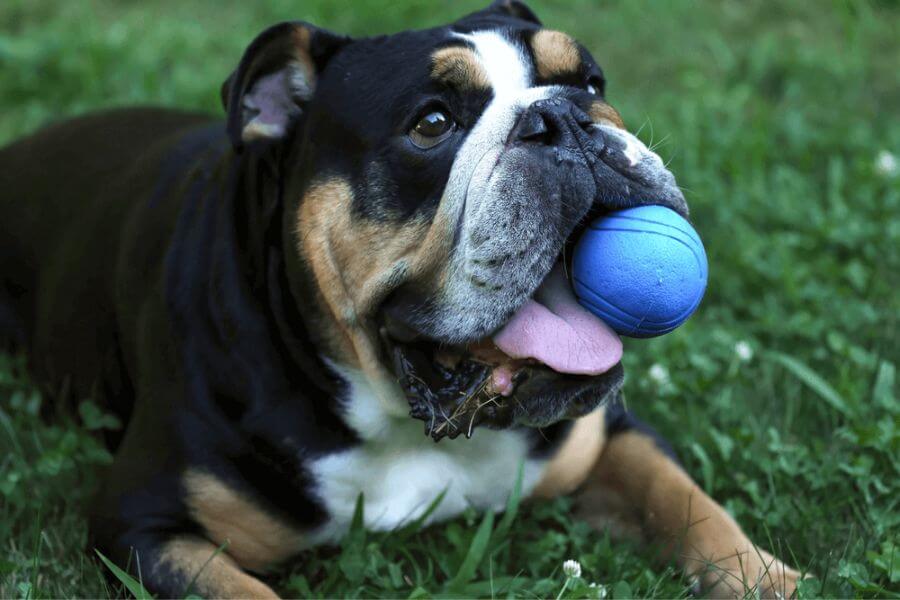
Different types of things that English Bulldogs tend to chew on
Recommended types of chew toys for bulldogs:
- Durable Rubber Toys: Rubber toys, such as natural rubber or sturdy thermoplastic, are excellent options for bulldogs. They are designed to withstand heavy chewing and can provide long-lasting entertainment. Toys with textured surfaces or raised bumps can help massage the gums and promote dental health.
- Dental Chews:They are usually hard and may have ridges or holes that help keep your teeth clean by getting rid of plaque and tartar. Look for dental chews that are specifically formulated for bulldogs and their unique dental needs.
- Interactive Treat-Dispensing Toys: Interactive toys that give out treats or kibble require dogs to work and move the toy to get that are hidden inside. These toys keep bulldogs’ minds active, help them learn how to solve problems, and are fun for them to play with.
- Freezable Toys: Bulldogs may appreciate chew toys that can be filled with wet food or treats and then frozen. The cold temperature of these toys can help soothe their gums . When they’re chewing or when it’s hot outside, they can keep them busy while they’re doing it.
Providing appropriate chew toys that cater to their jaw structure and preferences can help satisfy their natural chewing instincts while promoting their well-being.
Read more : Best Dog Toys For Bulldogs
The potential hazards associated with this behavior
It’s essential to be aware of potential hazards:
- Choking and Swallowing Hazards: Bulldogs are especially prone to biting off and swallowing pieces of their chew toys. This can pose a choking hazard or prevent accidental ingestion.
- Dental Damage: Bulldogs have a strong bite force, and their chewing habits may result in dental damage. Avoid extremely hard toys or items that could potentially cause tooth fractures or damage to their gums.
- Allergic Reactions: Some Bulldogs may have sensitivities or allergies to certain materials or substances used in chew toys. Pay attention to any adverse reactions and discontinue the use of any toys that may be causing an allergic response.
- Brachycephalic Concerns: Bulldogs have a brachycephalic (short-nosed) skull structure, which can impact their breathing and make certain chew toys less suitable. Be cautious with toys that require excessive jaw opening, as bulldogs may have limitations in their range of motion.
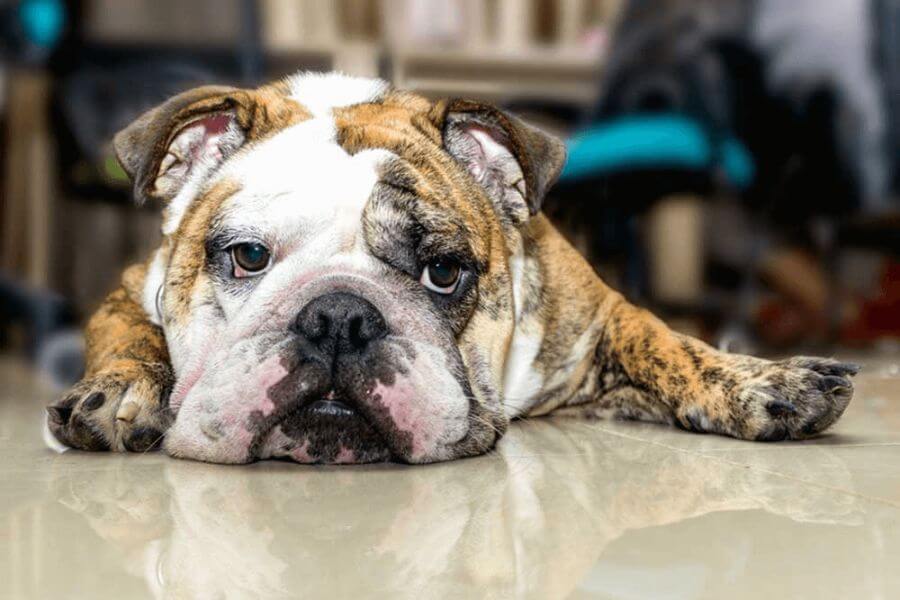
Training techniques and tips for managing and redirecting
Training and redirection:
- Encourage Engagement: Engage your bulldog with the right chew toys by playing with them, showing him how to use them, and being excited about them.This will encourage your bulldog to see the toys as fun and rewarding.
- Positive Reinforcement: Whenever you catch your bulldog chewing on an appropriate toy, provide immediate positive reinforcement. Use verbal praise, gentle petting, or a favorite treat as a reward. This positive association will reinforce their good chewing behavior.
- Redirection: If you notice your bulldog chewing on something inappropriate. Calmly redirect their attention to an appropriate chew toy. Avoid using punishment or scolding, as it may create fear or confusion.
- Seeking Professional Advice: If bulldogs continue to exhibit excessive chewing behaviors despite proper training . It may be beneficial to seek guidance from a veterinarian or professional dog trainer to address any underlying issues.



